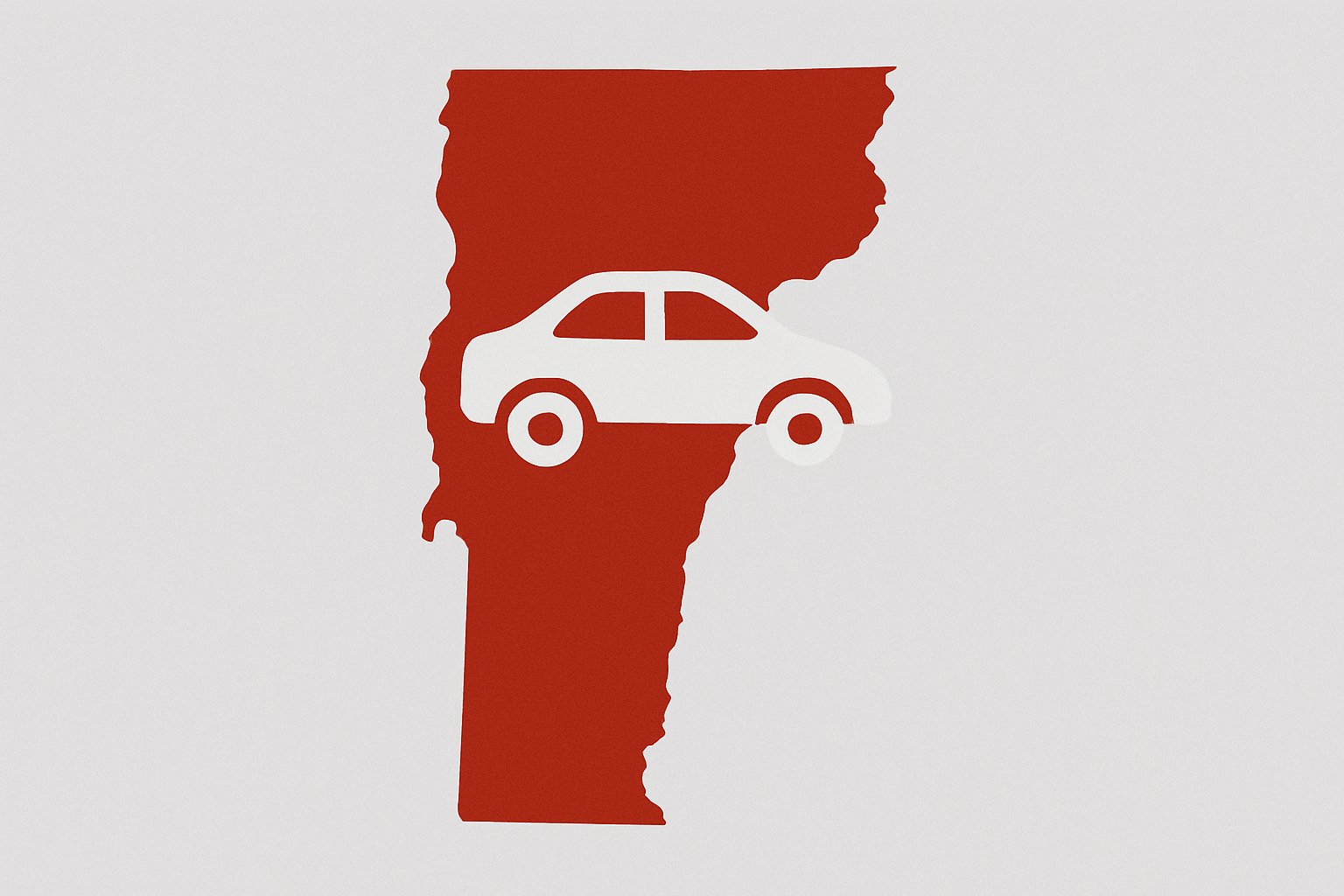Vermont Vehicle Bill of Sale Form
A Vermont Vehicle Bill of Sale Form is a legal document used to register the sale of a motor vehicle in Vermont. It also records the transfer of ownership from a seller to a buyer.
Why Do You Need a Vermont Vehicle Bill of Sale?
A Vehicle Bill of Sale is vital in Vermont when transferring a vehicle title. You also need it to register with the Vermont Department of Motor Vehicles (DMV).
The form should include key details like:
- The vehicle identification number (VIN).
- The make and model of the car.
- The year and the odometer reading for cars under 10 years old.
- The agreed purchase price: This is used to calculate the sales tax.
The buyer and seller must sign the agreement form for the DMV to accept it. Normally, the Vermont Bill of Sale itself does not need to be notarized. However, it is necessary to complete the odometer disclosure statement on the title.
Common Uses of an Vermont Vehicle Bill of Sale
This form formally signifies that the seller no longer owns the vehicle. It transfers all associated liability to the buyer. For the buyer, it is primary evidence of their new ownership. It is necessary for securing registration, insurance, and future resale.
A properly executed Vermont Bill of Sale Form:
- Ensures compliance with state regulations.
- Aids timely title transfer
- It helps prevent future disputes and offers peace to both parties.

Yes, a Bill of Sale Form is essential for selling a car legally in Vermont. The buyer is required to complete the transfer of title and the vehicle registration with the Vermont DMV. This form proves the purchase. You will also need this form to finalize the transfer process correctly and promptly.
A Vermont Bill of Sale should include the buyer's and seller's full legal names and addresses. The date of the transfer, the vehicle's year, make, model, VIN, and current odometer reading. It should also specify the sale price that the buyer has agreed to pay.
In most cases, a Vermont Bill of Sale does not require notarization to be legally valid. However, it’s important that both parties complete and sign the assignment for the vehicle title section. This also includes the odometer disclosure statement. Notarizing this form may provide additional legal assurance for the two parties.
In Vermont, the buyer needs a Bill of Sale to transfer a vehicle title. This must be accompanied by a properly signed-over vehicle title from the seller. They also need a completed Registration Application (Form VD-119). The proof of payment for sales tax, title transfer, and registration fees is also included. These, together, are then taken to a local Vermont DMV office.